39+ Sample Communication Plan Templates
-
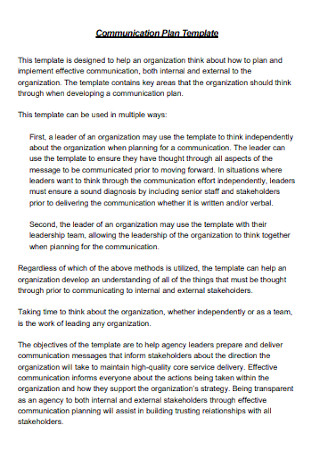
Sample Communication Plan Template
download now -
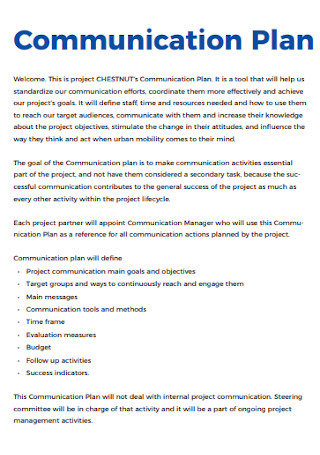
Communication Project Plan
download now -
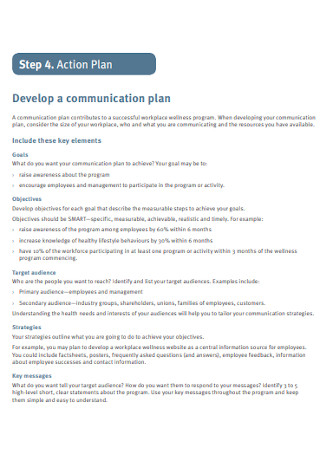
Communication Action Plan
download now -
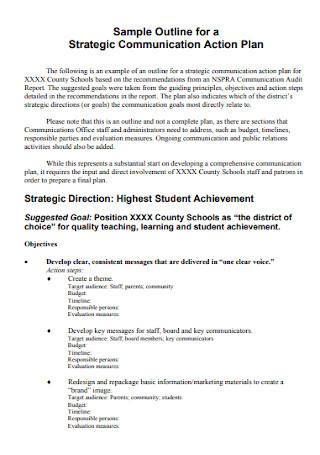
Strategic Communication Action Plan
download now -
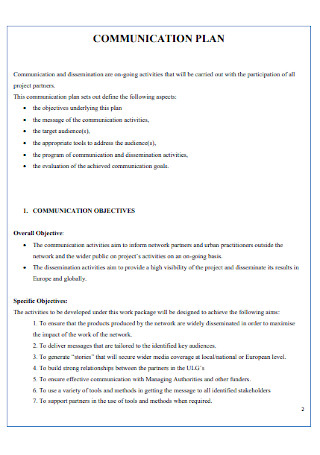
Basic Communication Plan
download now -
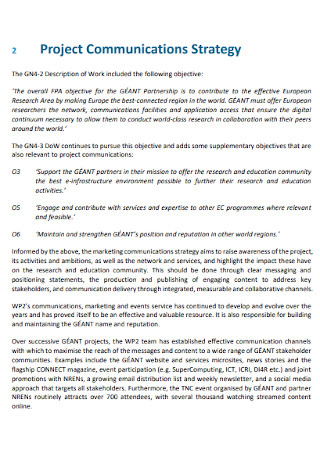
Project Communications Strategy Plan
download now -
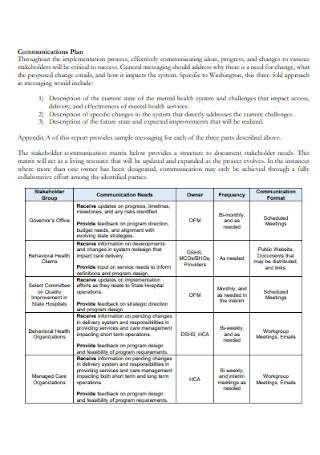
Implementation and Communication Plan
download now -
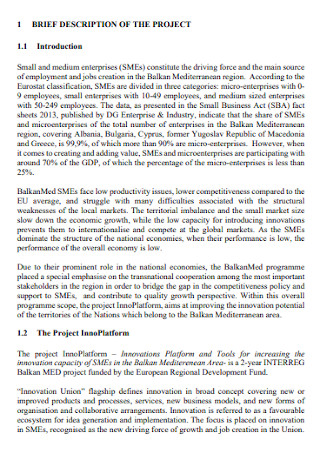
Project Communication Plan
download now -
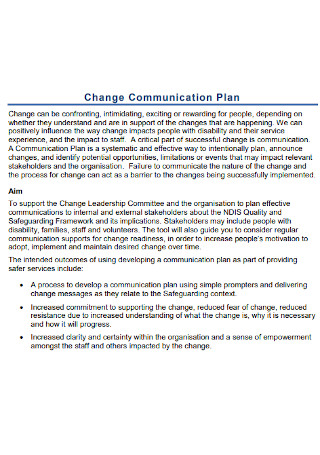
Change Communication Plan
download now -
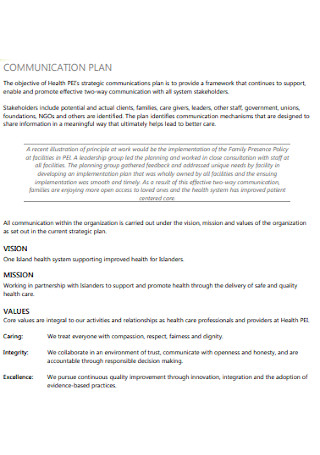
Strategic Communication Plan Template
download now -
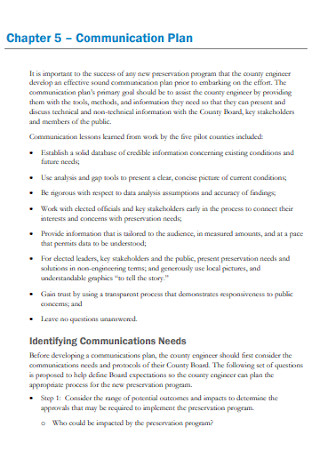
Simple Communication Plan Template
download now -
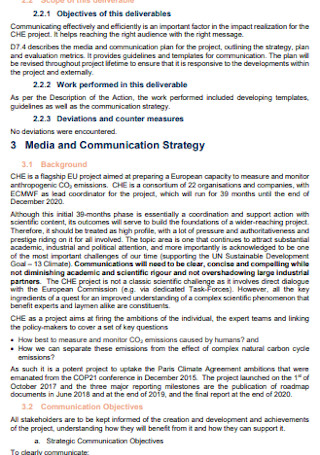
Media and Communication Plan
download now -
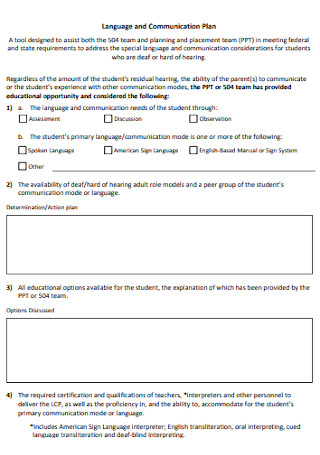
Language and Communication Plan
download now -
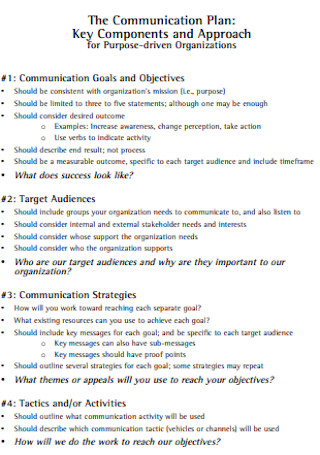
Standard Communication Plan Template
download now -
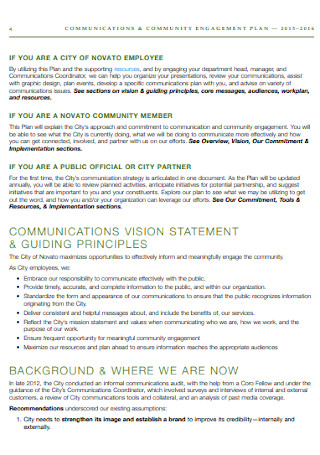
Communication Engagement Plan
download now -
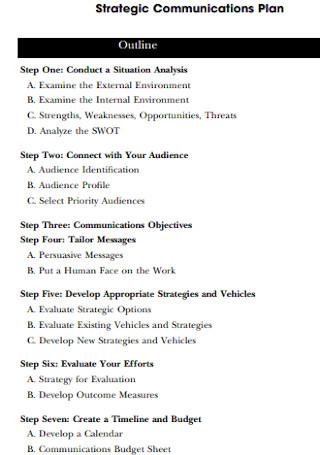
Strategic Communications Plan Template
download now -
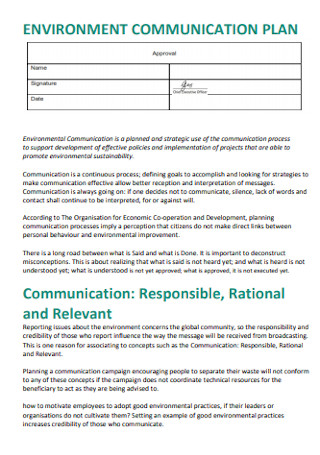
Environment Communication Plan
download now -
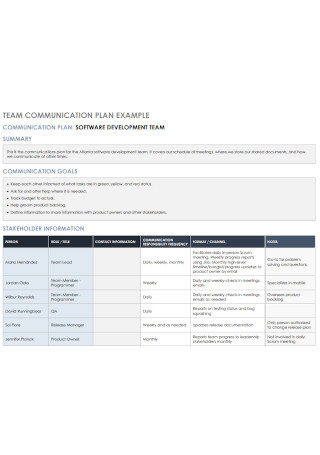
Team Communication Plan Example
download now -
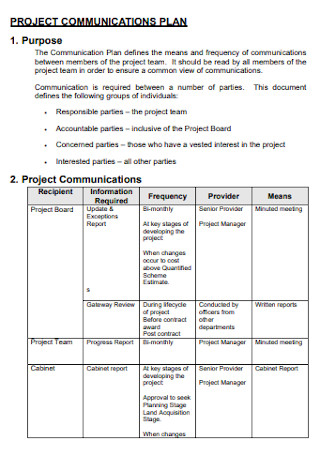
Sample Project Communication Plan
download now -
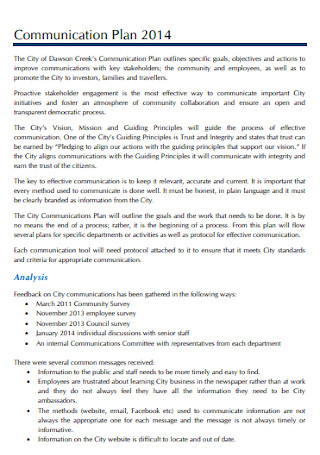
Formal Communication Plan Template
download now -
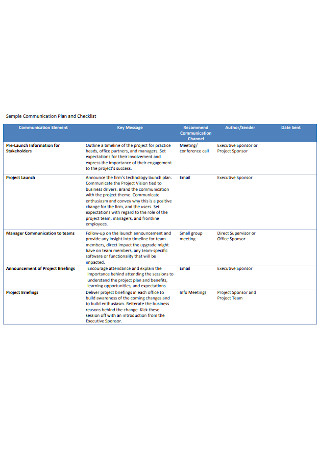
Sample Communication Plan and Checklist
download now -
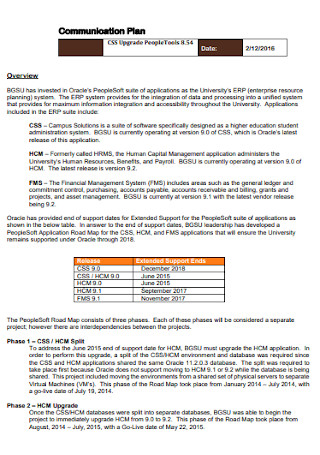
Printable Communication Plan Template
download now -
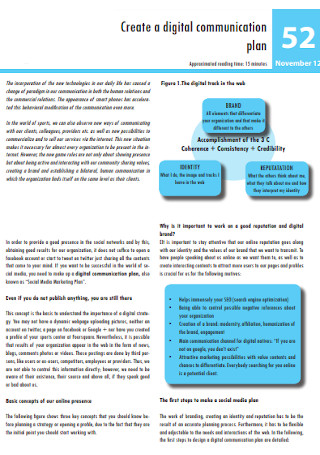
Digital Communication Plan Template
download now -
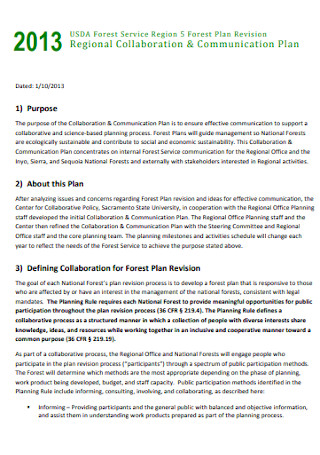
Regional Collaboration Communication Plan
download now -
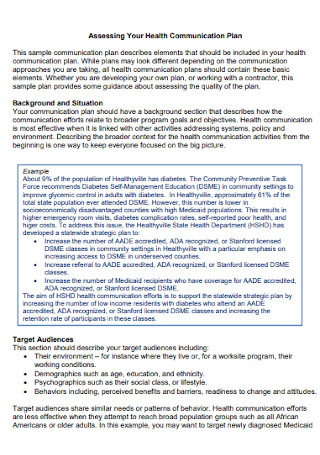
Health Communication Plan
download now -
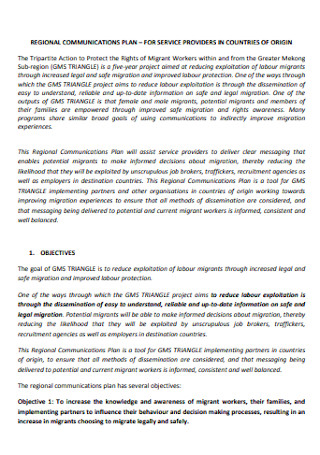
Regional Communication Plan Template
download now -
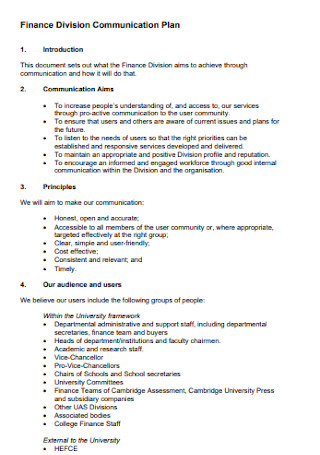
Finance Division Communication Plan
download now -
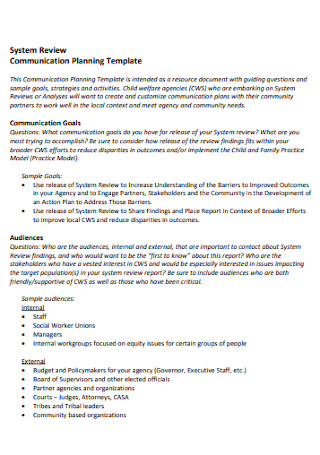
System Communication Planning Template
download now -
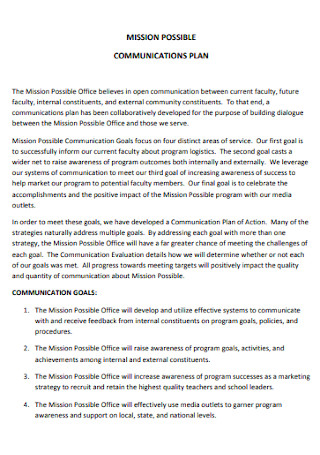
Mission Possible Communication Plan
download now -
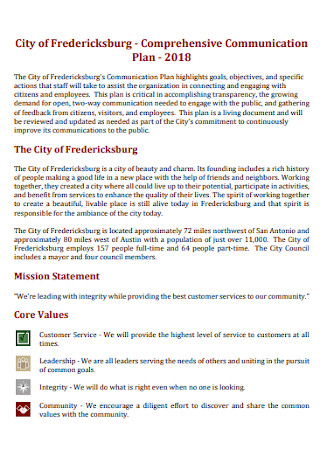
Comprehensive Communication Plan
download now -
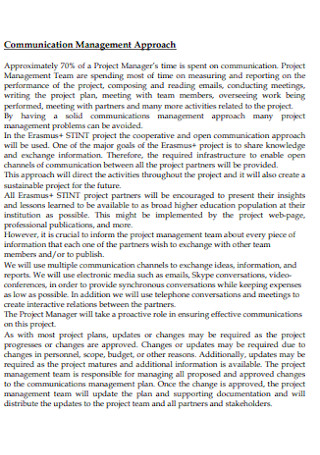
Communication Management Plan
download now -
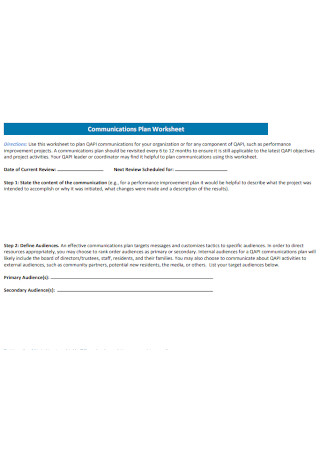
Communications Plan Worksheet
download now -
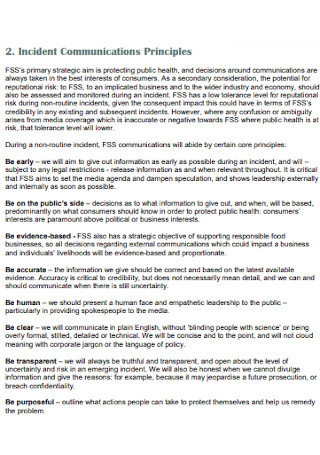
Incident Communications Plan
download now -
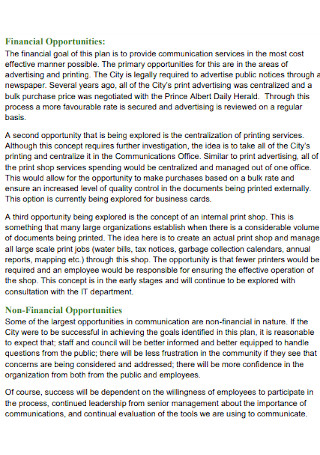
Communications Master Plan
download now -
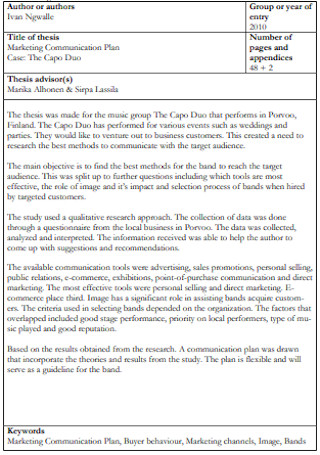
Marketing Communication Plan
download now -
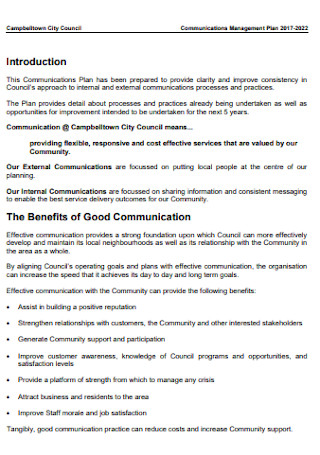
Communications Management Plan
download now -
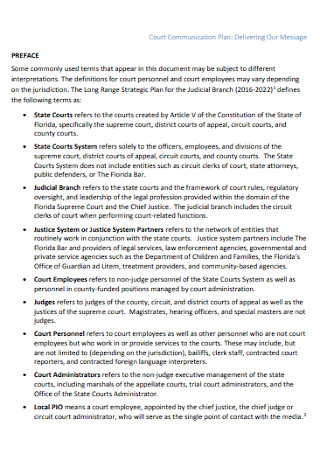
Court Communication Plan Template
download now -
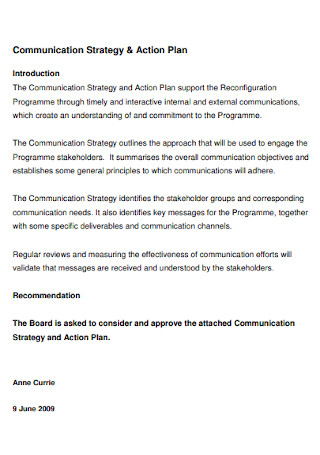
Communication Strategy and Action Plan
download now -
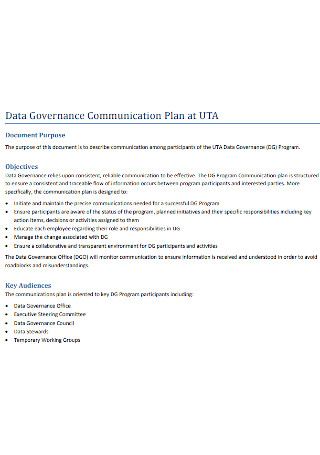
Data Governance Communication Plan
download now -
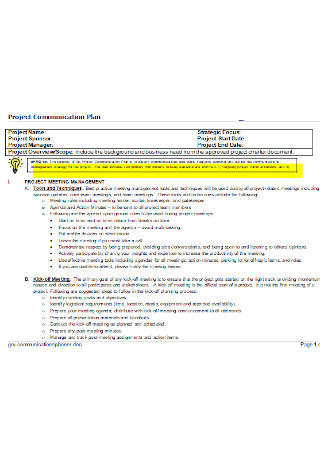
Basic Project Communication Plan
download now
FREE Communication Plan s to Download
39+ Sample Communication Plan Templates
What Is a Communication Plan?
Top Benefits of a Communication Plan
The Main Components of a Communication Plan
How To Make an Effective Communication Plan?
FAQs
What makes a good communication plan?
What are the five major types of communication?
What are the 7 C’s of communication?
What are the key components of effective communication?
What Is a Communication Plan?
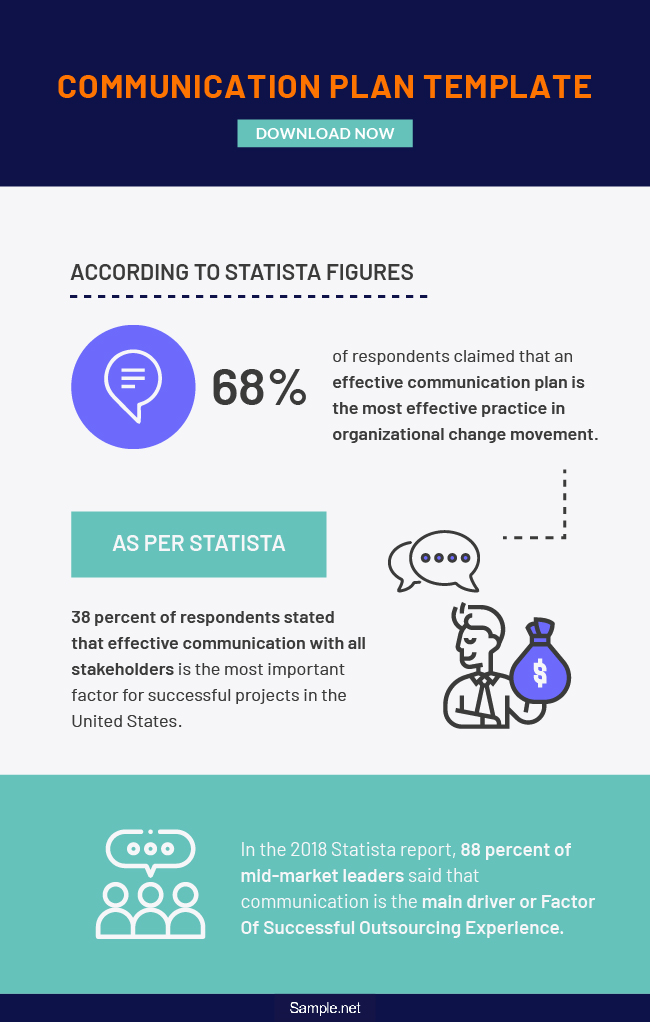
There are so many things that can add up to the success of a business—proper planning, good marketing strategies, excellent customer service, wise financial management, and effective communication. In an article from the Australian Institute of Business, two of the many reasons why effective communication should be a focus in business because it enhances transparency and contributes to the growth of the company. Thus, it is important that proper internal and external communication should be implemented by using a communication plan. A communication plan is like a roadmap to achieve communication goals. The business may know where to go but there is a necessary route to take to get there.
According to Statista figures, 68 percent of respondents claimed that an effective communication plan is the most effective practice in organizational change movement.
38 percent of respondents stated that effective communication with all stakeholders is the most important factor for successful projects in the United States, as per Statista.
In the 2018 Statista report, 88 percent of mid-market leaders said that communication is the main driver or factor of successful outsourcing experience.
Top Benefits of a Communication Plan
According to an article from Chron, the purpose of having an effective communication plan in business is to ensure that every appropriate people receive the most relevant information. This business document outlines the what, who, when, and how, which refers to the sender and recipient of information, the delivery of information schedule, the different approach and strategies to deliver the message, and the message itself. With a communication plan, a business will be able to communicate correctly and effectively to its team, investors, and customers.
It is no doubt that the communication plan plays an essential role in the sustainability and success of a business. Whether it is for internal or external use, it is always necessary that everyone in the business how to properly communicate to the management, stakeholders, and clients. To learn more about the importance of having a communication plan, here are some of its benefits.
The Main Components of a Communication Plan
Clear and effective communication is one of the strengths of a successful business. That is why communication must be well-implemented. Regardless of how it is used, a communication plan always includes details about the company, objectives, strategies, timetable, message or topic, resources, etc. A communication plan is one of the best plans a business should have. Thus, it needs to have the right information. To give you a breakdown of the elements that make such a document, here are the main components that should be present in a communication plan. Here’s how.
How To Make an Effective Communication Plan?
A communication plan is one of the most significant documents a business should have, along with the business plan and sales and marketing plan. And, these business documents are what makes a business function well in every aspect. That is why it is essential that these documents should include all the necessary information to serve its purpose. Here, we have some tips on how to make an effective communication plan that you can use, whether for project management, marketing, or team management.
Step 1: State the Purpose of the Plan
Start making an effective communication plan for your business by including a high-level of description about its importance. The purpose might depend on what you want to accomplish. For example, if you want to make sure that your new products will be a hit in the market, then the purpose of your communication plan is to properly inform the public about it. Think of this section as a summary of what the plan is all about and how it is being implemented. Knowing these details allow the team to fully understand the existence of the communication plan.
Step 2: Define the Objectives
After that, the next thing you need to do is to define your overall communication objectives. What are the goals or objectives that you want to achieve through communication? If the communication plan is used for project management, the objectives must be centered on informing the people involved in the project. Nevertheless, it is important to have SMART objectives. It should be specific, measurable, achievable, realistic, and time-focused.
Step 3: Identify Your Audience
In every communication process, there is always a receiver of the message. So, in the communication plan, it is important that the audience or recipient is clearly defined. Who are you trying to reach? The audience depends on the focus of the communication plan. For example, if the plan is made to have an outline on how to deliver information about a new product or service, then your audience is most likely your business clients. Nonetheless, the key audiences of your business may include the team, business associates, clients/customers, and media representatives.
Step 4: Determine Communication Tools and Methods
Once you have already identified your primary audience, it is time to determine the communication tools and methods to be used. Explain in the communication plan what tools to use and the strategies to be implemented to connect with the audience. The most common and effective communication tools are social media, emails, video conferences, productivity platforms, discussion forums, newsletters, etc. Simply decide what communication tool that will best deliver the message to appropriate audiences.
Step 5: Create a Timetable
To get your desired results and achieve your communication goals, it is vital to get every activity done on time. The timetable also helps the person responsible for delivering the message to know when is the perfect time to do so. That is why it is essential to have a timetable in the communication plan. You can create a schedule based on your goals and resources. Nonetheless, make sure that you create a solid timing strategy to perform each task.
Step 6: Evaluate the Communication Plan
Since the communication plan holds a significant purpose, it is only imperative to ensure that every detail written in the plan is concise and correct. Hence, evaluating it is essential. Focusing on achieving business goals through communication with a crappy communication plan does not help. Assess your communication plan and see through it if it needed to be edited. Doing this makes it more useful and effective.
FAQs
What makes a good communication plan?
A good communication plan should focus on achieving company goals and delivering accurate information to the audience.
What are the five major types of communication?
There are five types of communication and this includes verbal, non-verbal, writing, listening, and visual. Understanding these types allows you to communicate properly and effectively.
What are the 7 C’s of communication?
The 7 C’s of communication include completeness, concreteness, courtesy, correctness, clarity, consideration, conciseness. The seven principles of communication should be well-observed to have good business communication.
What are the key components of effective communication?
To have effective communication, a communicator should have a clear purpose, avoid irrelevant information, properly structure messages to the receiver, and focuses on desired results.
Creating a professional and accurate communication plan takes time and effort, but it is all worth it. A communication plan does not only serve as your roadmap to ensure that the message is well-delivered, but it is also a valuable tool to achieve company goals and maximize business performance. So, whether you want to improve your business management or secure marketing deals with communication, having a communication plan is always an excellent choice. If you are looking for a ready-made one, you may choose a communication plan that suits your purpose from our well-written sample templates above. Download now!
